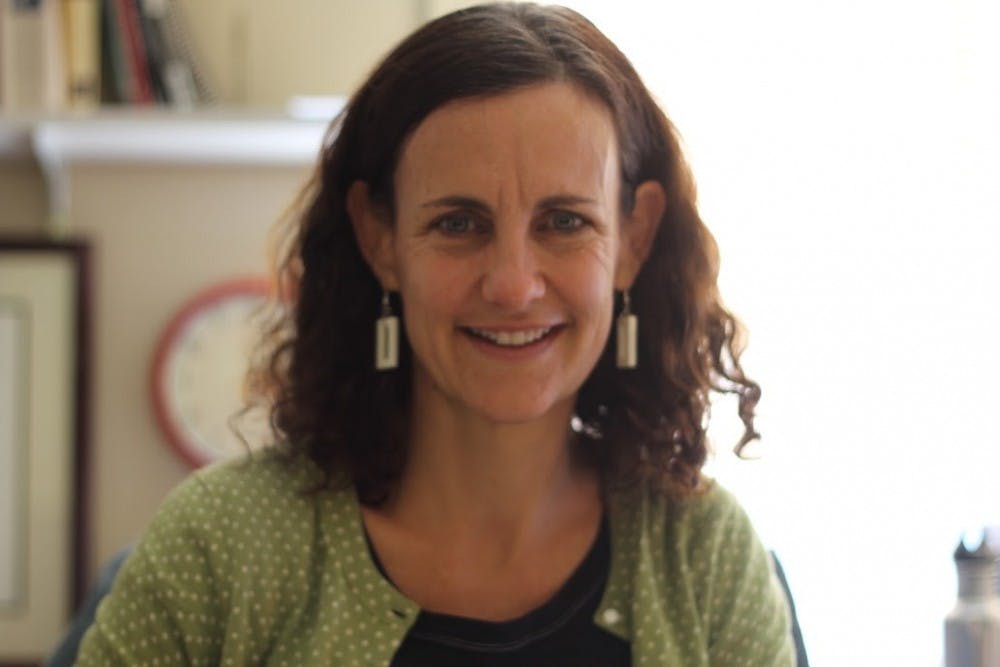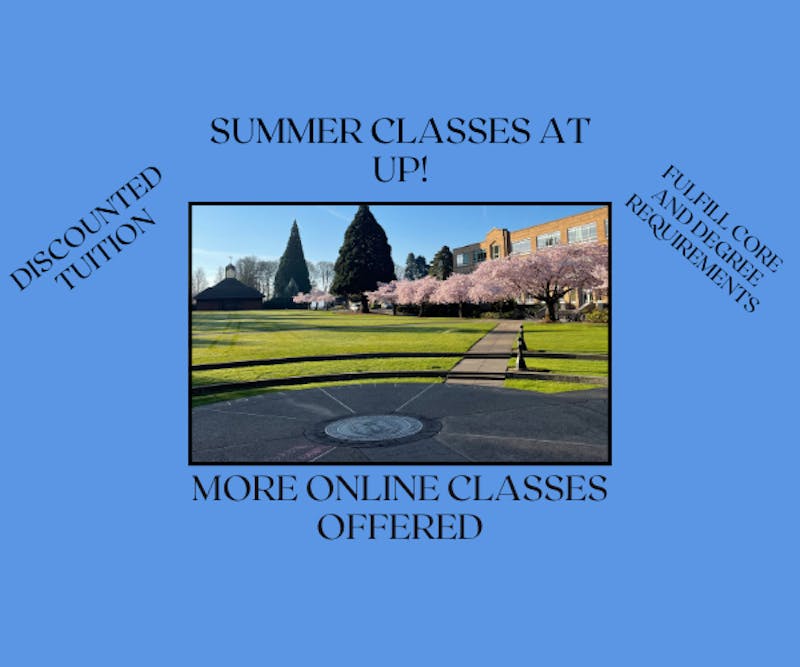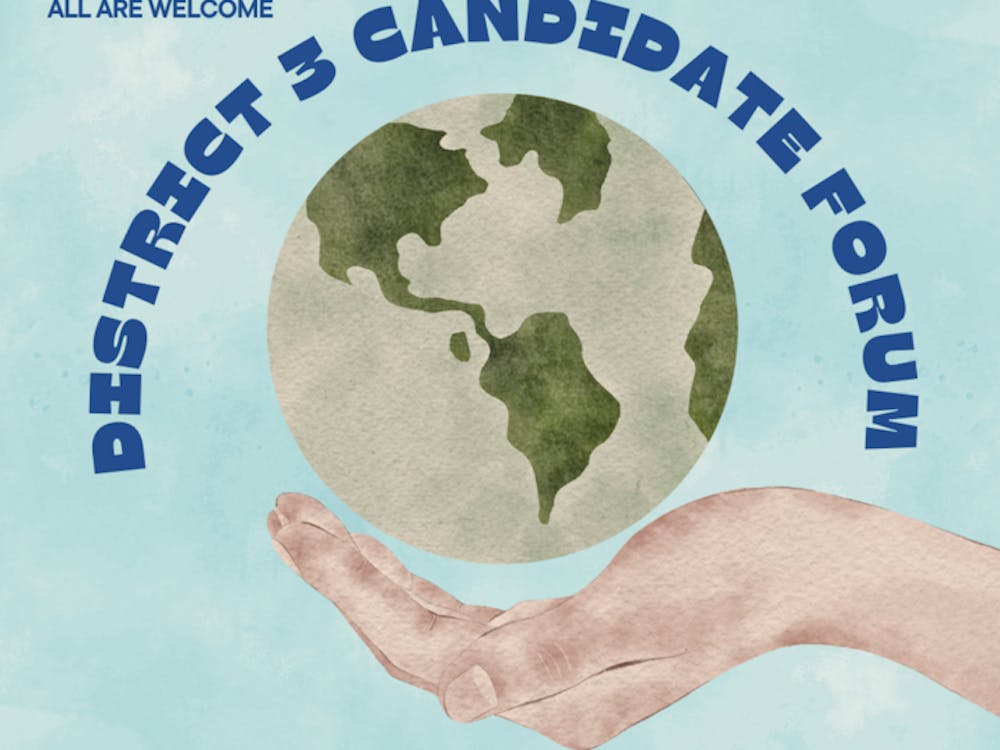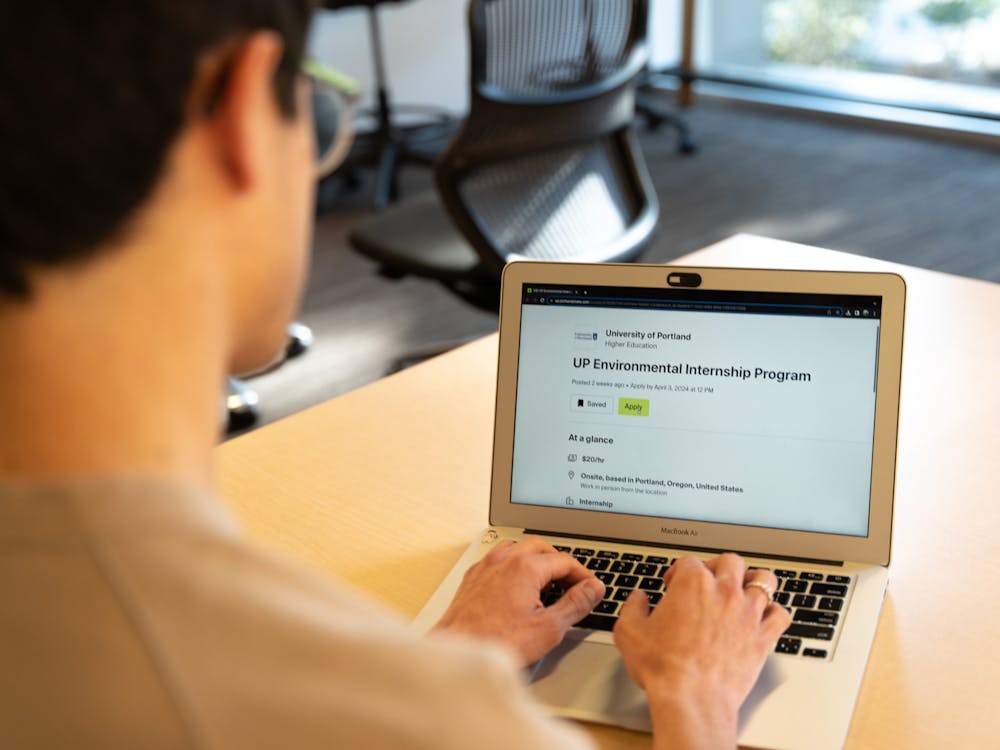Professors’ ability to incorporate and understand issues of diversity in the classroom has been a hot topic in the greater discussion about inclusion on college campuses, including on The Bluff.
Faculty and staff at the University of Portland will now have the opportunity to get training in this area, with five optional workshops offered throughout the school year aimed at educating faculty on working with the concept of diversity.
Last year, students called for more diversity and more diversity support on UP’s campus. In March, the Presidential Advisory Committee on Inclusion held a racial inclusion discussion and in April, Black Lives Matter hosted a second panel on inclusion. The Beacon also wrote several editorials calling for more diversity and inclusion in UP administration and faculty.
Administration is beginning to respond to students’ call to action. Vision 2020, the newest five-year strategic plan, outlines plans to bring more diversity and diversity support to UP. This plan of diversification and diversity awareness was put into action this past Thursday with the start of the workshop series: “Teaching Diversity as Engagement: Workshops for Faculty.”
“This is the first time, since I’ve been at UP, that there has been a campus-wide, sponsored by administration, attempt to bring as many faculty as possible under an umbrella to talk about this issue,” said Professor Molly Hiro, who will be speaking at one of the workshops.
Hiro, who will be presenting “Race and the Idea of ‘Comfort/Discomfort’ on Campus” sees the workshops as a step in the right direction in an ongoing process to diversify UP.
Professors Phyllis Egby, Alice Gates, Alejandro Santana and Christin Hancock will all also be presenting at other workshops.
Hiro said it was those students of diverse backgrounds speaking up at the racial inclusion panels last year that inspired her to lead a workshop.
“I really, really was moved by the discussions that happened last semester,” Hiro said. “I have seen a real willingness and eagerness of colleagues to think hard about this stuff — from their hiring practices to their syllabi — the people I’ve talked to are eager. They really want to learn.”
Santana, co-presenter of the workshop “Building Trust in Your Classroom” with Gates, emphasized that these workshops are the product of students speaking up last year.
“None of this would have happened without students speaking out about this issue,” Santana said. “Much of this happens as a result of student action. I think it’s important for students to act, and faculty and administration will respond. Students have power and voice.”
The University is also bringing in outside help to further this goal.
Sam Museus is a professor at Indiana University and is the founding director of the Culturally Engaging Campus Environments Project (CECE), which aims to help college campuses create more inclusive communities. Museus spoke at the first workshop, “Fostering the Conditions for All Students to Thrive,” and will be leading the final workshop in January, “Toward a More Inclusive Campus: Measuring Progress and Mapping the Future.”
“My presentations will be on what two decades of research tell us about the kinds of environments that are necessary for diverse students to thrive,” Museus said. “It will highlight the importance of cultivating environments that are relevant and responsive to the backgrounds, communities and identities of diverse students.”










